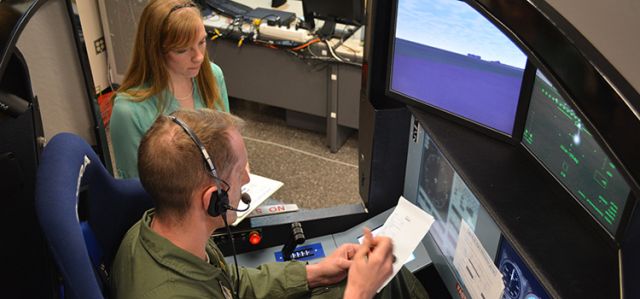Document Type
Article
Publication Date
8-2010
Publication Source
Journal of Biomechanics
Abstract
Clinical studies of hemiparetic walking have shown pre-swing abnormalities in the paretic leg suggesting that paretic muscle contributions to important biomechanical walking subtasks are different than those of non-disabled individuals. Three-dimensional forward dynamics simulations of two representative hemiparetic subjects with different levels of walking function classified by self-selected walking speed (i.e., limited community=0.4–0.8 m/s and community walkers=>0.8 m/s) and a speed-matched control were generated to quantify individual muscle contributions to forward propulsion, swing initiation and power generation during the pre-swing phase (i.e., double support phase proceeding toe-off). Simulation analyses identified decreased paretic soleus and gastrocnemius contributions to forward propulsion and power generation as the primary impairment in the limited community walker compared to the control subject. The non-paretic leg did not compensate for decreased forward propulsion by paretic muscles during pre-swing in the limited community walker. Paretic muscles had the net effect to absorb energy from the paretic leg during pre-swing in the community walker suggesting that deficits in swing initiation are a primary impairment. Specifically, the paretic gastrocnemius and hip flexors (i.e., iliacus, psoas and sartorius) contributed less to swing initiation and the paretic soleus and gluteus medius absorbed more power from the paretic leg in the community walker compared to the control subject. Rehabilitation strategies aimed at diminishing these deficits have much potential to improve walking function in these hemiparetic subjects and those with similar deficits.
Inclusive pages
2348–2355
ISBN/ISSN
0021-9290
Document Version
Postprint
Copyright
Copyright © 2010, Elsevier
Publisher
Elsevier
Volume
43
Issue
12
Peer Reviewed
yes
eCommons Citation
Peterson, Carrie L.; Kinney, Allison; Kautz, Steven A.; and Neptune, Richard R., "Pre-Swing Deficits in Forward Propulsion, Swing Initiation and Power Generation by Individual Muscles in Hemiparetic Walking" (2010). Mechanical and Aerospace Engineering Faculty Publications. 29.
https://ecommons.udayton.edu/mee_fac_pub/29
Included in
Biomechanics Commons, Biomedical Engineering and Bioengineering Commons, Exercise Science Commons, Mechanical Engineering Commons, Other Kinesiology Commons




Comments
The document available for download is the authors' accepted manuscript, posted here in compliance with the publisher's policy on self-archiving. Some differences may exist between this version and the publisher's version; as such, researchers wishing to quote directly from it are advised to consult the version of record, available at many libraries or from the publisher.
Permission documentation is on file.